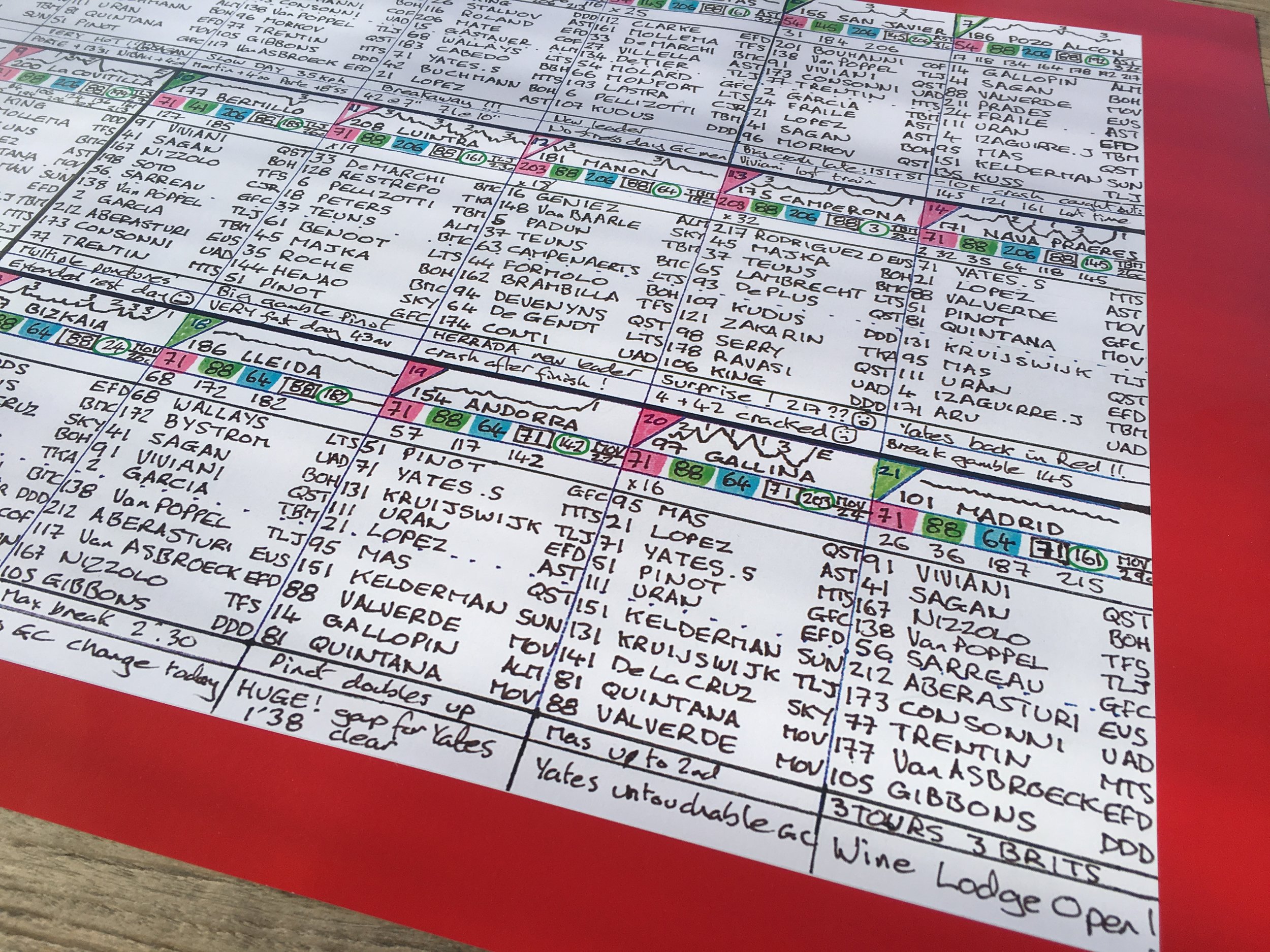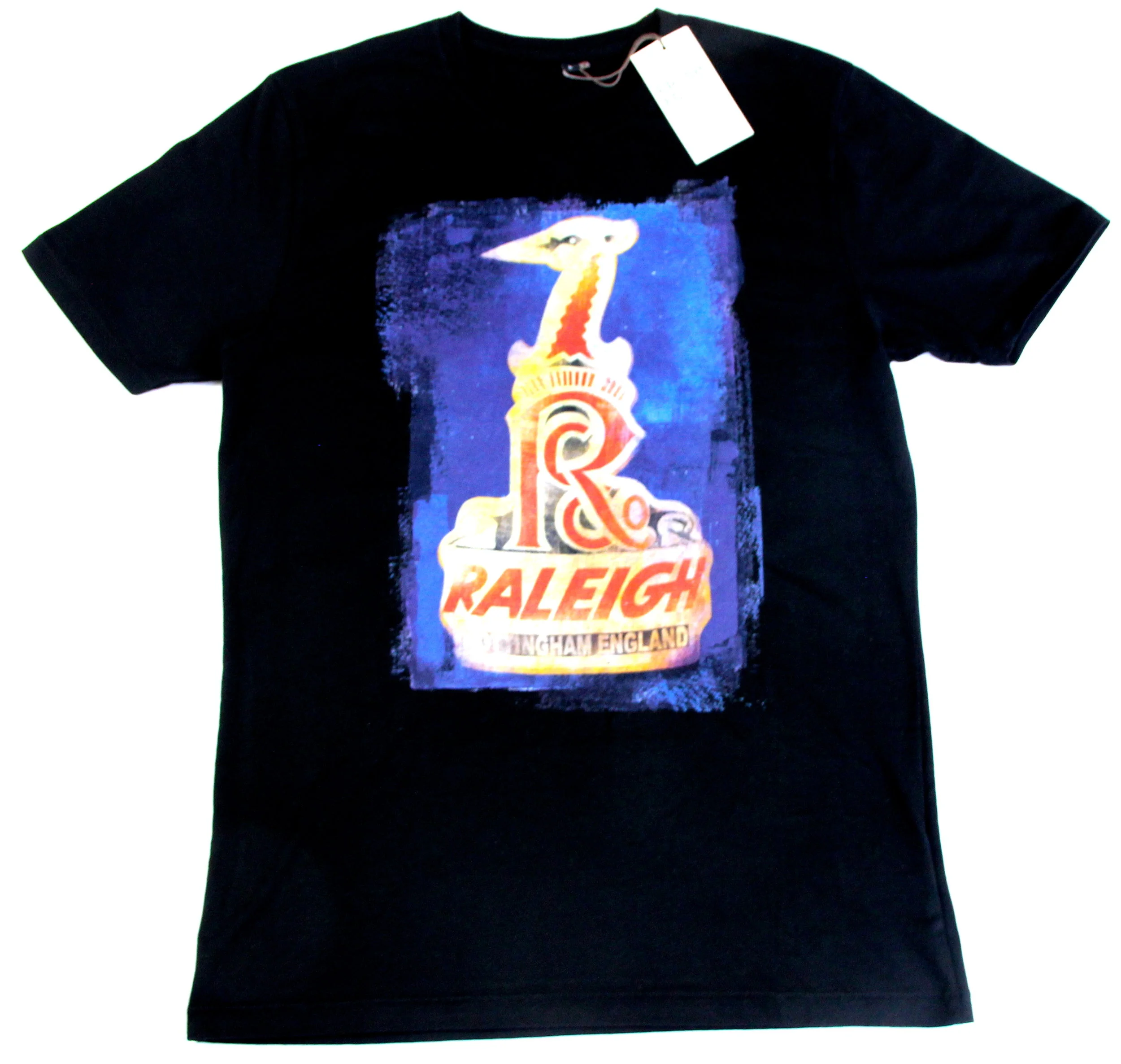By Robbie Broughton
So farewell Bertie. After 14 years as a professional Alberto Contador has decided to bow out of bike racing. We can’t wait to see him at the Vuelta for his final race where it won’t just be the Spanish fans cheering him on. An outright GC win looks unlikely but he’ll be a good bet for a stage victory.
Now in the twilight of his career, he is remembered for his panache and swashbuckling attacks in the mountains, the pedal dancer who won many a battle on the slopes of forbidding mountains in the Alps and Pyrenees. That distinctive style as he rose out of the saddle, weaving from side to side as he dropped his rivals remains a defining image.
Sadly we haven’t witnessed it much of late. In this year’s Tour he was more often seen planted firmly in the saddle, a sign that he just didn’t have the energy of the old days. Despite being offered an extension to his contract at Trek Segafredo, his decision to finish now looks like a wise one.
He may be revered as an elder statesman of the sport now, but Contador’s career has been both controversial and complicated. Adored by many, others felt he was tarnished by the tail end of a doping culture. Implicated by being part of a disgraced Astana team in 2008 and eventually having to serve a retrospective drugs ban himself, he had also been associated with suspicious characters, not least ‘Mr 60 Percent’, Bjarne Riis (a haematocrit level of above 50% was an indicator of EPO use) who managed him at Saxobank.
But Matteo Cassini, who used to work at Saxo Bank while they were still in the business of sponsoring bike teams, told me at the time that Bertie was the most popular rider in the team with the fans. This, despite having to vie for attention with the precocious superstar talent of Peter Sagan and deflecting suspicions of not exactly achieving his victories paniagua.
What was it that some people loved so much about this quiet and apparently modest man from the tiny town of Pinto, slap bang in the middle of Spain? Of course he leaves behind a palmares that speaks for itself, being one of only six riders to have won all three grand tours and he did so before he even reached the age of 25. Of his generation he really was the most successful rider, winning the Giro and the Tour twice and the Vuelta three times.
Rising to prominence as Lance Armstrong’s star began to wane and eventually implode, they were uneasy teammates at Astana where the Texan was pushing for team leadership. That year, 2009, saw Contador win the Tour for the second time with Armstrong trailing over five minutes behind him and there followed spiky comments from both of them. Contador was quoted as saying that “Armstrong is a great rider…but on a personal level I have never admired him.” Up until that point he’d remained phlegmatic, deciding to do the talking on the bike. The American responded with, “a champion is also measured on how much he respects his teammates and opponents.”
That Contador beat Armstrong, despite having to defer to the Texan’s control over the team, was testament to his superiority and cemented his status as the classic all round GC contender. He’d beaten him on the climb to the summit finish at Verbier, opening up a lead which he then extended in a powerful time trial around Lake Annecy.
Then came 2010, a controversial year for the Spaniard. In the Tour he was widely criticised for attacking Andy Schleck when the Luxembourgian, who was wearing the yellow jersey, dropped a chain on the climb to Port de Bales. Despite a desperate attempt to make up the time on the descent to Bagneres de Luchon, Schleck was unable to claw back the time and he conceded the lead.
What would have been his third Tour de France victory was taken away from him 16 months later after a long, drawn out battle when he had to serve a ban for evidence of traces of clenbuterol in his blood. A powerful drug used to treat asthma, it has also been used as a fat burning tool. Contador has always strenuously denied taking the drug and claimed that the traces came from contaminated meat that he had eaten. He had the full support of the Spanish cycling authorities who lobbied on his behalf to avoid the ban, but the UCI remained adamant that he should serve one and his victories of the previous year struck out.
In recent years, he was seen very much as Chris Froome’s arch rival. He remained a strong GC contender, even up to a year ago, being able to put in a strong time trial and post an ever present danger in the mountains where his seering attacks could cut the peloton apart. His bravery could never be questioned. Who could forget the 2014 Tour when he broke his leg in a crash but continued on determinedly for another 20 km or so. He returned a few weeks later to win the Vuelta and in some style.
It’s his guts and aggressive style of racing that stand out for me. Even this year he was tantalisingly only seconds away from winning Paris – Nice with a courageous attack on the final day that had many thinking the old boy was back in business. And as a testament to his legacy, the 2017 Vuelta organisers have given him the No.1 jersey, normally an honour reserved for the defending champion.
So, farewell Bertie. I’ll be cheering you on when it comes to August 19th, the first day of your national Grand Tour. You were an undoubtedly massively talented rider. One of the greatest, to be sure. Sadly your time was at the tail end of a murky era, one that many wish to forget and it’s unfortunate that your great victories are associated with it. But I’ll always remember you dancing on those pedals as you floated up the side of Alpe d’Huez or some other cathedral of cycling, weaving side to side, and those dark Spanish eyes flicking back to see what carnage you’d caused behind you. Chapeau, Bertie.


































